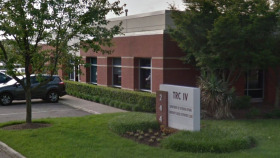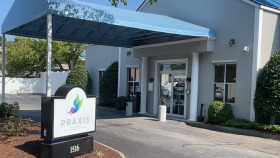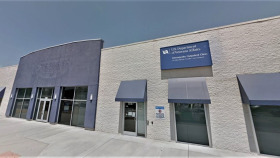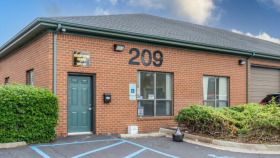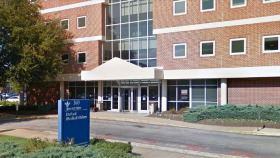Expert Insights
Data shows that from 2019 to 2021, the number of kids between the ages of 14 and 18 who died from accidental overdose increased over 65%. That number was what prompted two mothers – who are also school board members – to create a new program in Virginia Beach City Public Schools that hopes to get kids thinking and talking about the dangers of drug use. Carolyn Weems and Shannon Doyle visited several different classrooms over a one week period, telling students the heart wrenching tales of losing their daughters to accidental overdoses. Shannon’s daughter had just celebrated her 16th birthday when she overdosed on fentanyl and died in her sleep. Carolyn’s daughter was 21 when suffered a fatal overdose after injecting heroin. The mothers hope that, by telling their daughter’s stories, they can save lives and create something positive out of such a tragic loss.
~ Rita Milios
How Does Virginia Beach Compare in Alcohol and Drug Use?
If you’re seeking alcohol or drug rehab in Virginia Beach, you have several treatment options. The city is home to an array of rehab facilities, many of which accept various types of insurance to reduce treatment costs. Virginia Beach also has non-profit, state-funded, and federally funded addiction treatment centers that provide reduced-cost services to people in need.
In Virginia Beach, drug and alcohol misuse has long been a concerning problem for the community.

From 2015 to 2016, opioid overdoses increased by more than 150% within the city, while fatalities nearly doubled.
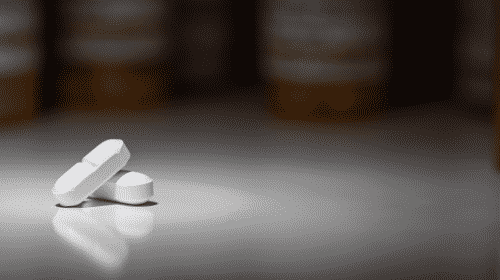
Between 2018 and 2020, there were nearly 17 opioid-related deaths annually per 100,000 Virginia Beach residents.
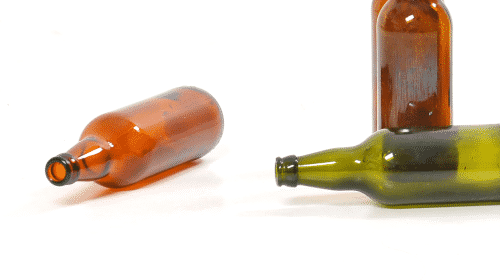
In 2019, just over 19% of the city’s residents reported binge drinking at least once in a 30-day period.
Alcohol and Drug Laws in Virginia Beach
Virginia Good Samaritan Overdose Law: In March 2021, the State of Virginia passed its Good Samaritan law to reduce the high instance of overdose-related deaths throughout the state. Under this law, individuals who report a suspected drug overdose to police or emergency medical personnel will not be arrested or prosecuted for consumption or possession of illicit substances. However, this law’s protections are limited to individuals who would only be charged with a drug-related misdemeanor in such a situation. People who report an overdose while in possession of large quantities of illicit substances that appear to be for trafficking are not protected from felony arrest or prosecution.
Protections for Employees Who Voluntarily Enroll in Treatment: Under the Family and Medical Leave Act (FMLA), employees in the state of Virginia who voluntarily enroll in rehab may take up to 12 weeks of unpaid leave without worrying about job loss. The FMLA also stipulates that employees who have employer-sponsored group health benefits must continue receiving those benefits during their period of unpaid leave.
Virginia Drug Treatment Court Act: In many Virginia courts, individuals convicted of nonviolent drug-related crimes are put on probation and required to attend addiction treatment rather than being incarcerated. In an effort to reduce drug use, addiction, drug-related crimes, and drug-related family separation, the state implemented this act in 1995. However, the establishment of drug courts is ultimately up to local officials’ discretion in each district.
Resources
- City of Virginia Beach. (2017). Opioid Prevention, Treatment & Recovery.
- Conduent Health Communities Institute. (2022). Community Indicators Dashboard: Greater Hampton Roads.
- National Institute on Drug Abuse. (2020). Substance Use in Women Research Report. Sex and Gender Differences in Substance Use.
- Substance Abuse and Mental Health Services Administration. (n.d.) What Does the Affordable Care Act Mean for Behavioral Health?





